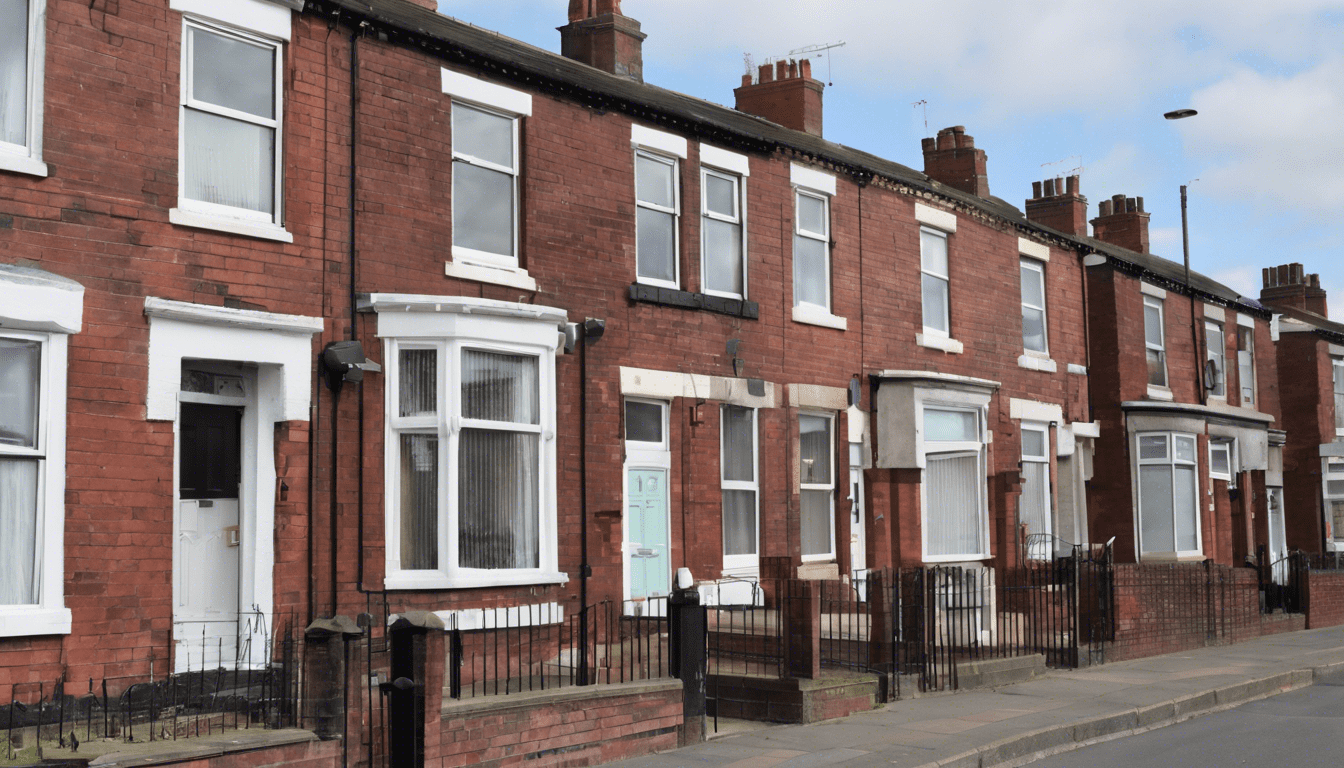The plans proposed by C&F Property Solutions Ltd to convert a family home on Cuba Street in Sunderland into a house in multiple occupation (HMO) have been withdrawn, primarily due to significant local opposition and crime-related concerns. Following input from Sunderland City Council and Northumbria Police, the proposal highlighted the potential negative impact of such a conversion on community safety and the character of the neighbourhood. This article delves into the local opposition faced by the HMO project, as well as the broader implications of HMOs on community safety.
Key Takeaways
- Local opposition played a crucial role in the abandonment of the HMO plans in Sunderland.
- Concerns over increased crime and community disruption were central to the objections against the HMO proposal.
- The project raised significant worries about its impact on the character and safety of the neighbourhood.
Local Opposition and Concerns
Plans to convert a family home on Cuba Street in Sunderland into a house in multiple occupation (HMO) have been abandoned following significant local opposition and serious concerns regarding crime. C&F Property Solutions Ltd withdrew their proposal after Sunderland City Council indicated that the likelihood of obtaining planning permission was low. Northumbria Police expressed strong objections, citing that the property, targeted for conversion, would be unsuitable for four adults living independently. The police highlighted potential increases in crime and disorder associated with HMOs, which have been a growing concern in the area (Sunderland City Council, 2023). Residents of Cuba Street reported various issues linked to the proposed conversion, including inadequate bedroom sizes, increased noise levels, anti-social behaviour, and heightened traffic congestion. Additionally, local councillors voiced their commitment to preserving the character of the street, arguing that such a conversion would harm the local community (Sunderland Echo, 2023). As urbanisation continues to present challenges in city planning, local stakeholders are increasingly vigilant about developments that might disrupt their neighbourhood’s stability.
Impact of HMOs on Community Safety
In recent years, the rise of Houses in Multiple Occupation (HMOs) has sparked considerable debate among communities, particularly regarding their impact on local safety and cohesion. The situation on Cuba Street is emblematic of these concerns, reflecting wider apprehensions that have been echoed in various local councils and communities across the UK. Residents often highlight that HMOs can contribute to increased footfall, which may lead to a rise in petty crime and anti-social behaviour (Department for Communities and Local Government, 2019). Furthermore, the lack of oversight regarding tenant behaviour and property management in HMOs can exacerbate these issues, making it difficult for neighbours to feel secure in their own homes (Swansea University, 2021). This situation not only threatens the stability of established communities but also places additional strain on local policing resources, as noted by Northumbria Police’s opposition to the proposed conversion in Sunderland (Northumbria Police, 2023). As discussions around urban planning continue, the balance between providing housing and maintaining community safety remains a pivotal concern for local governments and citizens alike.
Follow us for more info.






